|
One of the worst scoring 2016 films on the exit-polling site CinemaScore, Robert Eggers' The Witch deserves far better than that ignominious footnote. The usually-schlocky horror genre spits out a lot of duds, but there's always a handful each year that break out, shedding the tenuous compliment of being a good horror movie and simply being a great film. The Witch joins compatriots like The Babadook, Goodnight, Mommy, and It Follows as another horror entry that is far more than jump scares and musical stings but gets at a primal fear in a dramatically compelling way. Why that so agitated those who graded The Witch for CinemaScore is a complete mystery.
0 Comments
Studio Ghibli revels in spirits and elemental gods and cat buses, but shallowly buried beneath the fantastical elements is often some childhood insecurity that any viewer, young or old, can grab onto. Their latest, and potentially final, film, When Marnie Was There pulls back on the mystical elements and leans heavily into pre-teen angst. At the center of the film is an achingly affecting question: can a miserable child find her way to happiness?
Quentin Tarantino has pledged to retire after making his tenth film. With The Hateful Eight, his eighth film, Tarantino leaves behind the revenge stories he’s been trafficking in for over a decade and produces a film as morally cloudy as any of his previous works. His first true Western, there are certainly no white hats amongst the titular assemblage; even gray hats are a bit too much to ask. After having relitigated the great historical injustices of the Third Reich and antebellum slavery in his previous two films, Tarantino eschews natural good for the claustrophobic setting, both physical and spiritual, of a snowed-in, Wyoming cabin where any political convictions are slowly reduced to survival. It’s also Tarantino’s first film to not immediately jump off the screen and reach into the viewer’s heart. Lacking the invigorating peaks of even the flawed Death Proof, The Hateful Eight is somehow a misstep, though that opinion may be recalibrated on a second viewing.
Writer/director Adam McKay has been demonstrating his desire to make political-minded films since 2009, when he ended his uproarious The Other Guys with a deadly-serious end credits graphic about the financial catastrophe of the previous year. That was followed by the dedicated satire in The Campaign, featuring the 'Moch' brothers as oligarchic villains, and the media critique of Anchorman 2, in which Ron Burgundy is single-handedly responsible for the dumbing down of journalism. With The Big Short, McKay turns the subtext into text and satire into reportage. In choosing a topic for his first 'serious' film, the absurdist director still finds plenty to laugh at in revisiting the 2008 collapse. It's not difficult to imagine a McKay comedic character at the levers of financial power. Ricky Bobby couldn't have done a much worse job than the actual people in charge.
|
Side PiecesRandom projects from the MMC Universe. Categories
All
Archives
April 2023
|
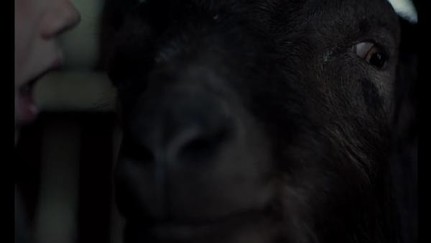
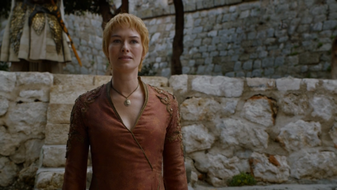
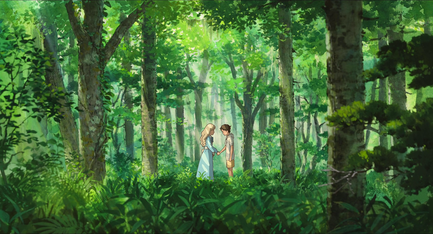
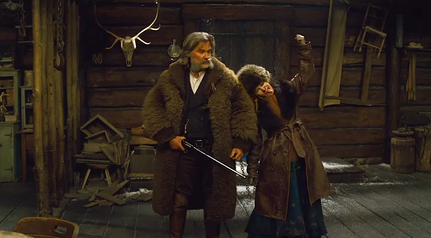
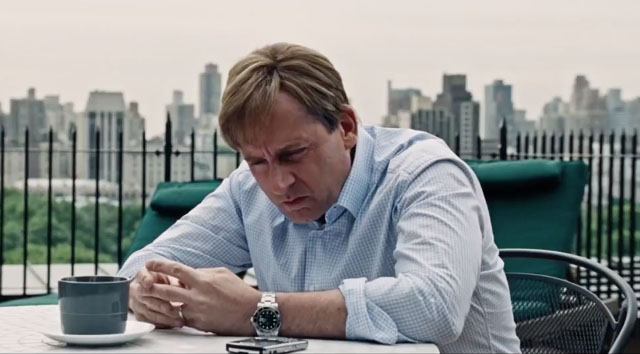
 RSS Feed
RSS Feed